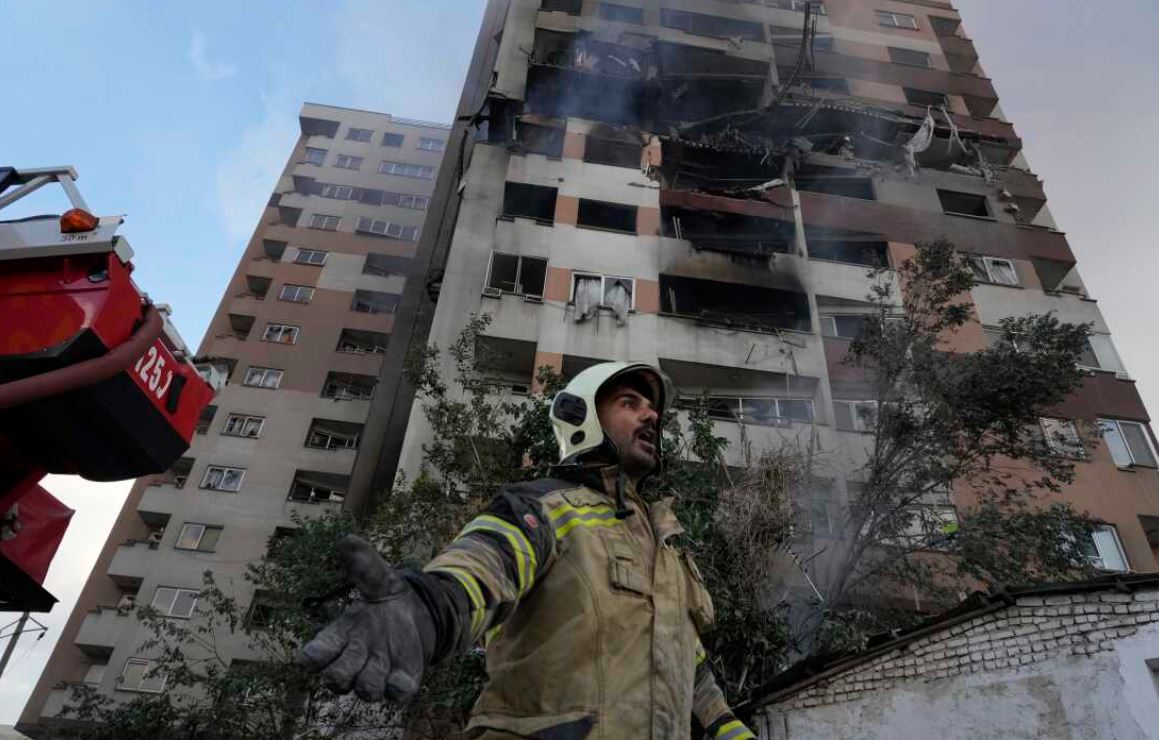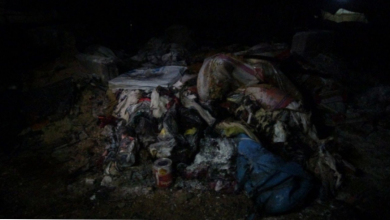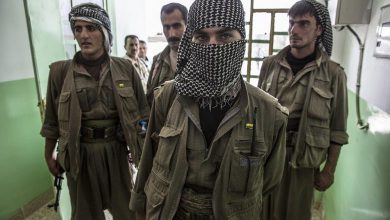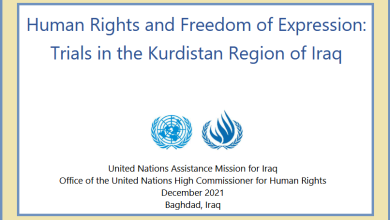Legal Analysis of Israel’s Military Attack on Iranian Territory and Civilian Infrastructure from an International Law Perspective
On the morning of Friday, June 13, 2025, the Israeli regime launched widespread, coordinated missile attacks on Iranian soil. These attacks targeted not only nuclear facilities but also residential areas and civilian infrastructure. This act constitutes a clear violation of the fundamental principles of the United Nations Charter, international humanitarian law, and human rights, lacking any legal justification within the international system. While Israel attempts to justify the attacks under the pretext of self-defense, these strikes were not in response to an armed attack by Iran and did not receive authorization from the UN Security Council. Therefore, such an act is not only devoid of international legitimacy but also a clear instance of aggression and a war crime.
The prohibition on the use of force is a foundational principle of contemporary international law. According to Article 2(4) of the UN Charter, the threat or use of force against the territorial integrity or political independence of any state is prohibited, except in cases of “individual or collective self-defense in accordance with Article 51 of the Charter, or action taken under Chapter VII of the Charter by the Security Council.” Israel’s attack lacks both bases and cannot even be justified under the doctrine of pre-emptive self-defense. In the International Court of Justice’s famous ruling in the “Nicaragua v. United States” case (1986), strict criteria for establishing self-defense were laid out. Consequently, Israel’s recent attack is a clear example of military aggression from the perspective of UN General Assembly Resolution 3314 (1974), leading to both the international responsibility of the state and the individual criminal responsibility of high-ranking Israeli officials.
Based on the fundamental principles of international humanitarian law, including the principle of distinction between civilians and combatants (Article 48 of Additional Protocol I of 1977 to the Geneva Conventions), attacks on residential homes that lack military necessity and are disproportionate constitute a war crime. According to Article 8(2)(b)(ii) and (iv) of the Rome Statute of the International Criminal Court (ICC), intentionally or recklessly directing attacks against civilians or civilian objects without military necessity are clear instances of war crimes. Such actions are in blatant contradiction with customary international law and the obligations of states under the four Geneva Conventions.
Regarding Iran’s nuclear facilities, which operate under the supervision of the International Atomic Energy Agency (IAEA) and within the framework of non-proliferation treaties (NPT), attacking these facilities, in addition to violating Iran’s sovereignty, poses a serious threat to the regional and international environment. According to Article 56 of Additional Protocol I (1977), attacks on installations containing dangerous forces, such as nuclear power plants, that would result in widespread civilian casualties are prohibited. Principles enshrined in the Trail Smelter arbitration case, and the Stockholm (1972) and Rio (1992) Declarations also emphasize the prohibition of harmful transboundary pollution.
One of the more dangerous aspects of the recent attacks is the assassination of Iranian military commanders outside of wartime conditions. This action is not only a clear violation of the right to life under Article 6 of the International Covenant on Civil and Political Rights (ICCPR) but, having occurred outside the context of an international armed conflict, is a clear instance of extrajudicial killings. The assassination of a country’s military officials without an official conflict constitutes a violation of the principle of non-interference in the internal affairs of states and the principle of territorial sovereignty. Reports from the UN Special Rapporteur on extrajudicial killings have consistently deemed such actions human rights violations (including report A/HRC/44/38).
Despite the Israeli regime’s long record of committing war crimes and violating international law, including in Palestine and now in Iran, it continues to enjoy practical immunity from accountability. The inaction of bodies such as the Security Council, the International Criminal Court, and regional forums has reinforced a culture of impunity. The political influence of certain international actors hinders the realization of justice and calls into question the credibility of the international legal system. Under such circumstances, Israel’s military attacks on Iran exhibit the following characteristics:
- Violation of the UN Charter and an act of aggression
- War crimes through attacks on civilians and protected facilities
- Extrajudicial killings and targeting of official military personnel outside of conflict
- Violation of territorial integrity, national sovereignty, and international environmental rights
Therefore, the international community must not remain silent in the face of these behaviors. It is necessary for:
The UN Human Rights Council, the International Criminal Court, and regional legal bodies to initiate independent investigations, prosecute those responsible within the Israeli regime, and prevent the recurrence of such crimes. Continued silence and inaction will signify the collapse of the fundamental principles of international law and its transformation into a political tool that legitimizes violence, terror, and aggression.
June 13, 2025
Prepared by: Legal Research and Analysis Unit – Iranian Kurdistan Human Rights Watch (IKHRW)
✉️ info@ikhrw.com






